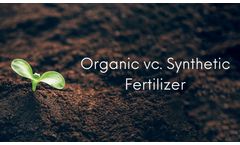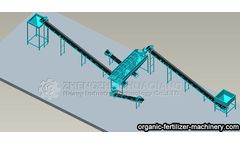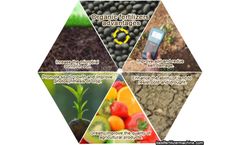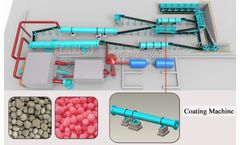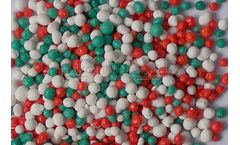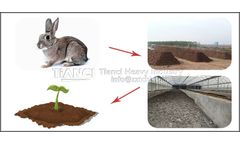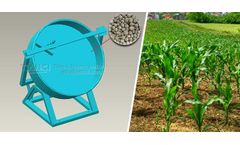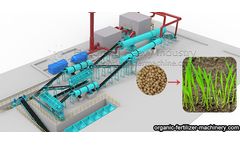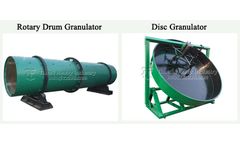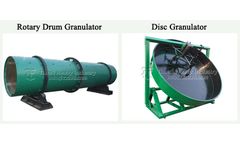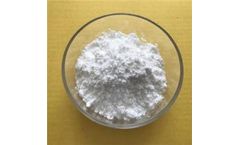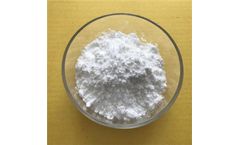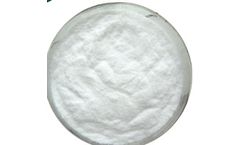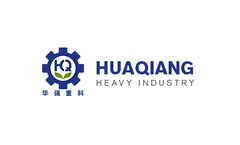Slow Release Fertilizer Articles & Analysis
17 articles found
Feeding your plants is a fundamental aspect of nurturing a thriving garden, whether you’re aiming for a bountiful harvest or flourishing blooms. However, the choice of fertilizer significantly impacts the health of your plants and the environment. There are two primary types of fertilizers – organic and synthetic. In this article, we’ll delve into the pros and cons of each, ...
There are a few things that all cannabis growers have in common. Among the positive things like constant learning and the rewards of a healthy crop, there are plenty of headaches. One such headache is nutrient deficiency. In this article, we will focus on one of the most common nutrient issues, Phosphorus deficiency. Phosphorus is one of the most important nutrients that your cannabis plants ...
Why use granular organic fertilizer At the beginning of the development of organic fertilizer, the product is powdery. ...
1. High quality controlled release fertilizer is a special fertilizer for vegetables and fruits. ...
In the NPK fertilizer manufac?turing process, a coating process is added to make a slow-release fertilizer. Slow-release fertilizer is also called controlled-release fertilizer. ...
Coated controlled release fertilizer The traditional chemical fertilizer, such as N or a certain proportion of N, P, K compound fertilizer, is coated with a special biological or chemical water soluble polymer film. ...
The particle shape is helpful to slow-release the fertilizer effect and improve the practicability of the organic fertilizer of the rabbit manure. ...
Disc granulator can process fertilizer into granules, and fertilizer granulation is an important process in organic fertilizer production line. ...
Slow-release fertilizers mainly apply modern plant nutrition and fertilization theory, and take into account the law of crop nutrition demand, adopt some control mechanism technology to delay the release mode of fertilizer in soil, so that nutrient release mode and crop nutrient ...
Advantages of slow release granular fertilizer The good application effect of chemical fertilizer depends on its physical and chemical state to a great extent. ...
Advantages of slow release granular fertilizer The good application effect of chemical fertilizer depends on its physical and chemical state to a great extent. ...
At present, several kinds of special fertilizers with slow-release nitrogen fertilizers such as hydroquinone and dicyandiamide have been promoted and applied in a certain area. ...
Urease inhibitor is a kind of substance that can inhibit the activity of soil urease, and it is a new technology which has been studied in urea or nitrogen compound fertilizer. Using soil urease inhibitor can effectively slow decomposition of urea into ammonia process, reduce soil NH4 + and NH3 concentration, soil fertility and crop ...
NBPT can suppress and release. On the one hand, it can effectively slow down the enzymatic hydrolysis process of nitrogen fertilizer decomposed into ammonia and reduce waste. ...
NPK compound fertilizer granulation production line NPK compound fertilizer has the advantages of good appearance, high fertilizer efficiency, uniform coating and strong wear resistance. It can provide sulfur nutrition after degradation of the film, and is pollution-free, which meets the requirements of environmentally friendly ...
Despite the fact that Ethiopia is one of the fastest-growing economies in the world, fertilizer often remains an out-of-reach expense. And if farmers are able to buy phosphorus fertilizer, they typically apply only a fraction of what is needed, which diminishes, if not eliminates, the intended effects of the fertilizer. ...
ByEnsia
Slow release N fertilizers have potential to improve yield and nitrogen use efficiency (NUE) in winter wheat (Triticum aestivum L.) and maize (Zea mays L.). A slow release urea formaldehyde polymer (UFP) was compared with aqueous urea ammonium nitrate (UAN) [(NH2)2CO, NH4NO3] during a 2-yr field experiment in ...

